With the development of hydraulic technology, the requirements for hydraulic oil are becoming increasingly high. The performance of base oil itself is far from meeting the various requirements of hydraulic systems, and various additives must be added to improve the performance of base oil. At present, almost all hydraulic fluids used in hydraulic systems contain additives with various functions.
Additives for hydraulic fluids can be roughly divided into two categories: one is additives that improve the physical properties of the fluid, such as oiliness agents, viscosity enhancers, anti foaming agents, and pour point depressants. Another type is additives that improve the chemical properties of oil, such as antioxidants, rust inhibitors, antifungal agents, demulsifiers, and metal passivators.
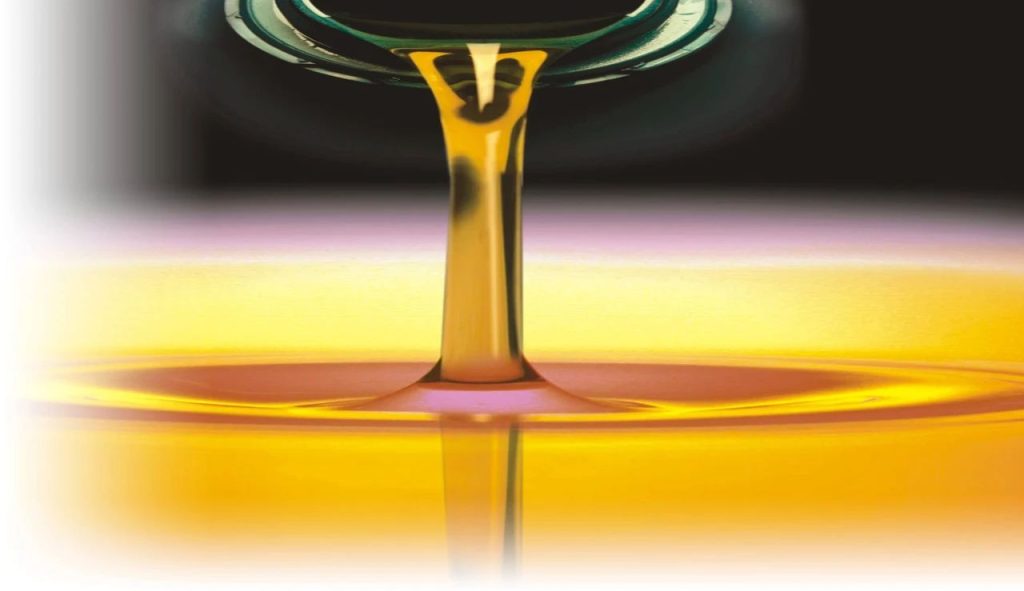
1. Oiliness agent
Oiliness agents are highly polar substances that can adsorb onto metal surfaces at lower temperatures and pressures, forming a strong adsorption film that prevents direct contact between metals, improves oil film strength, and reduces metal friction and wear.
Such as oleic acid, sulfurized whale oil (T401), sulfurized cottonseed oil (T404), etc. It can adsorb onto metal surfaces at lower temperatures and pressures, forming a strong adsorption film that prevents direct contact between metals, improves oil film strength, and reduces friction and wear.
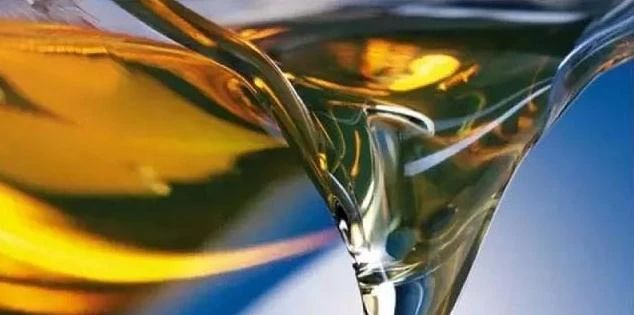
2. Antiwear agent
Under high temperature friction, the decomposition products of anti-wear agents react with the metal surface, producing a compound film with low shear stress and low melting point, which prevents the contact surface from biting or welding. The resulting plastic deformation fills the uneven parts between the friction surfaces, increases the contact surface, reduces pressure, and reduces wear.
Commonly used ones include zinc dialkyldithiophosphate (T202), xylyl phosphate (T306), etc. At high temperatures of friction, its decomposition products react with the metal surface, producing low shear stress and low melting point compound films to prevent contact surface biting or welding, fill in the uneven parts between friction surfaces, and reduce wear.
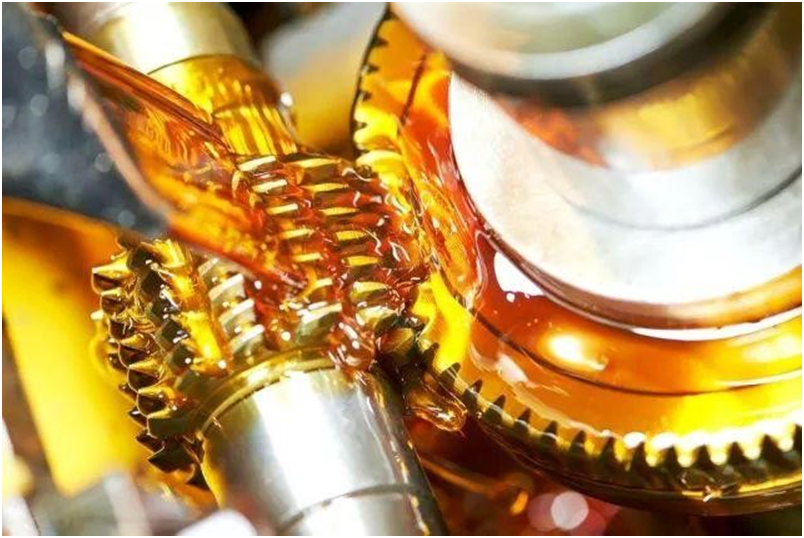
3. Thickening agent
Thickener is an additive that improves the viscosity temperature characteristics of hydraulic oil and increases the viscosity index. It is a type of high molecular polymer that shrinks and curls into tight small spherical shapes in the oil at low temperatures, with little effect on low-temperature viscosity. At high temperatures, it swells and stretches in the oil, increasing viscosity and improving the viscosity temperature characteristics.
Such as poly (n-butyl vinyl ether) (T601), polyisobutene (T603), etc. As a polymer, it shrinks and curls into tightly spherical shapes in oil at low temperatures, which has little effect on low temperature viscosity. At high temperatures, it swells and stretches, increasing viscosity and improving viscosity temperature characteristics.
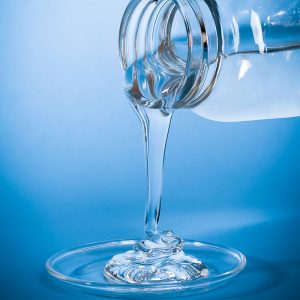
4. Antifoaming agent
Antifoam agent is a kind of material that can reduce the stability of foam adsorption film and shorten the existence time of foam agent. Adding antifoam additive in hydraulic fluid can reduce the surface tension, so that bubbles can quickly escape from the oil surface, thus eliminating bubbles.
For example, dimethyl silicone oil (T901), polyester non silicone anti foaming agent (T911), etc. It can reduce the stability of foam adsorption film, shorten the existence time of foam, reduce the surface tension, make bubbles quickly escape from the oil surface, and eliminate bubbles.
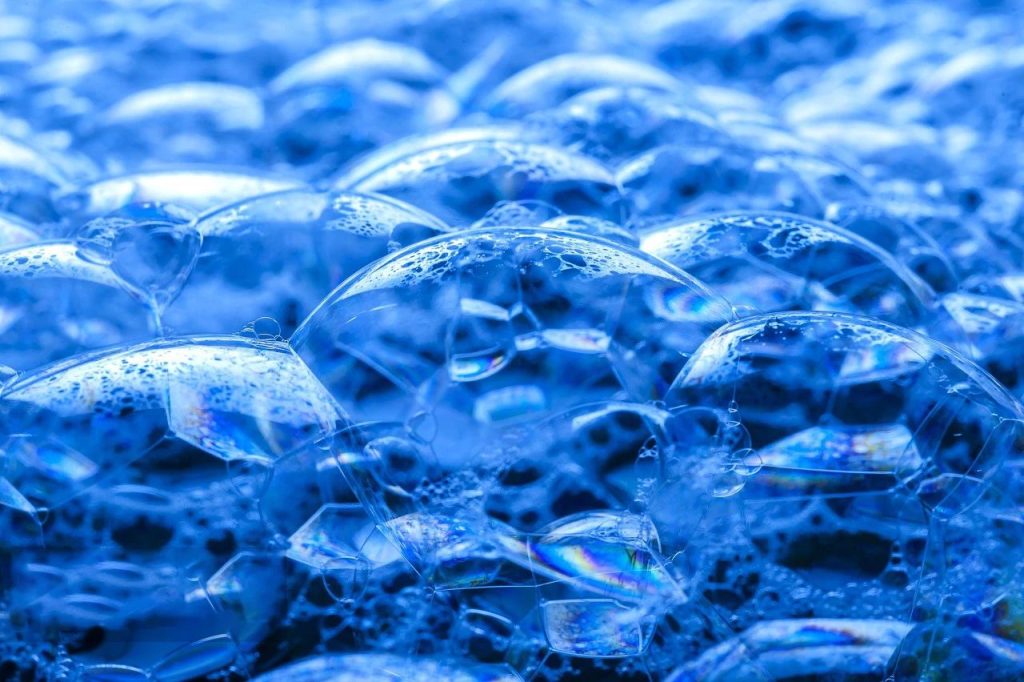
5. Pour point depressant
Pour point depressants are a type of additive that can inhibit the formation of network crystals of paraffin in oil, lower the pour point, and maintain the fluidity of the oil. This agent adsorbs or forms eutectic on the surface of paraffin crystals, changing the crystal form and size of paraffin to reduce the suspicion of oil products.
Common ones include alkyl naphthalene (T801), poly (methyl methacrylate) (T602b), etc. It can inhibit the formation of network crystals in paraffin in oil, change the crystal form and size of paraffin, reduce the pour point of oil, and maintain the fluidity of oil.
6. Antioxidants
Antioxidants are a type of additive that are easily oxidized and can form complex films on metal surfaces, isolating them from contact with oxygen and other corrosive substances, and preventing the catalytic effect of metals on oil oxidation and the corrosive effect of oil on metals.
Generally, several types of antioxidant additives are used in combination to achieve better antioxidant effects. For example, the combination of sulfides and aromatic hydrocarbons can produce a synergistic effect, while the combination of free radical terminators and oxide decomposers can also have a significant synergistic effect.
Such as 2,6-di-tert-butyl-p-cresol (T501), N, N ‘- di-sec-butyl-p-phenylenediamine (T502), etc. It is easily oxidized and can generate a thin film of complex compounds on the surface of metals, isolating contact with oxygen and other corrosive substances, preventing the catalytic effect of metals on oil oxidation and the corrosive effect of oil on metals.
7. Rust inhibitors
Rust inhibitors are a type of polar compound that can form a strong growth adsorption film on metal surfaces to prevent metal rusting.
Commonly used ones include dodecenyl succinic acid (T746), barium dinitronyl naphthalene sulfonate (T705), etc. As a polar compound, it can form a strong hydrophilic adsorption film on metal surfaces to prevent metal rusting.
8. Antifungal agents
Anti fungal agents can prevent and inhibit the production of mold in emulsified oil. Such as phenolic compounds, formaldehyde compounds, etc. Can prevent and inhibit the production of mold in emulsified oil.
9. Emulsifiers
Emulsifier is a type of substance that can effectively separate or settle water and oil. For example, sulfonates and various polymers of epichlorohydrin. Can effectively separate or settle water and oil.
10. Metal passivators
Metal passivators are a type of additive that can protect non-ferrous metals, especially copper surfaces from corrosion. They can also increase the oxidation resistance of oil products and inhibit and passivate the corrosion of copper by acidic substances.
There are two types of metal passivators used in hydraulic fluids: one is film-forming passivators, such as benzotriazole (T706), which can form a coating with copper surfaces to prevent corrosion from acids, active sulfides, and corrosive extreme pressure agents; Another type is active sulfur scavengers, such as alkylthio and 2.5-dithiothiazole, which react with active sulfides to produce low or non corrosive polysulfide compounds.